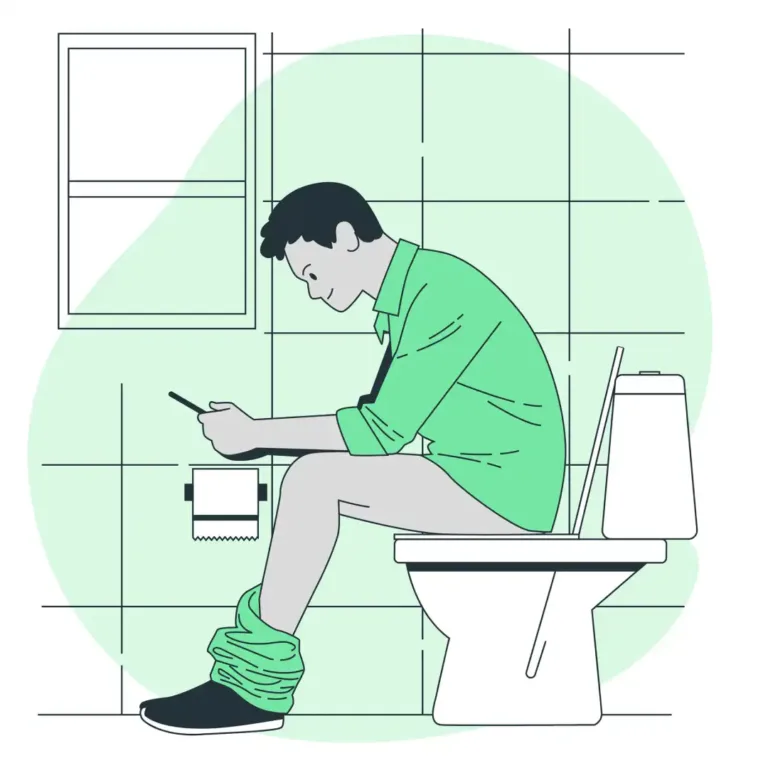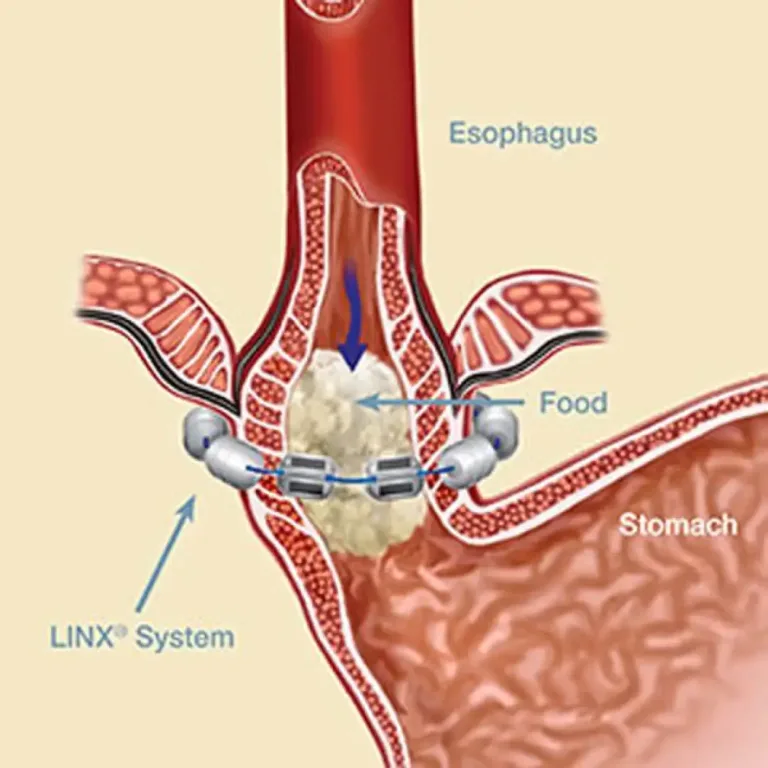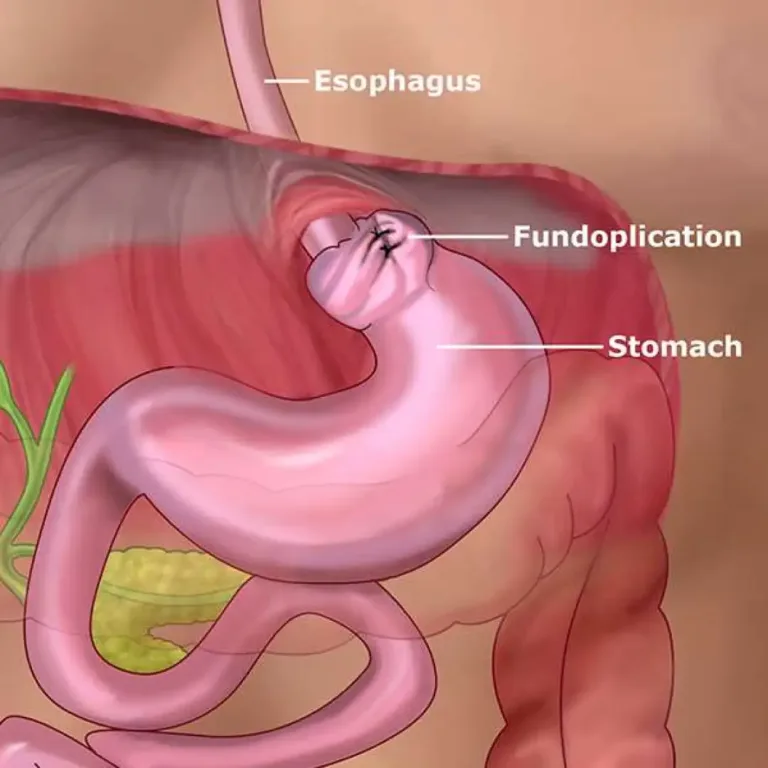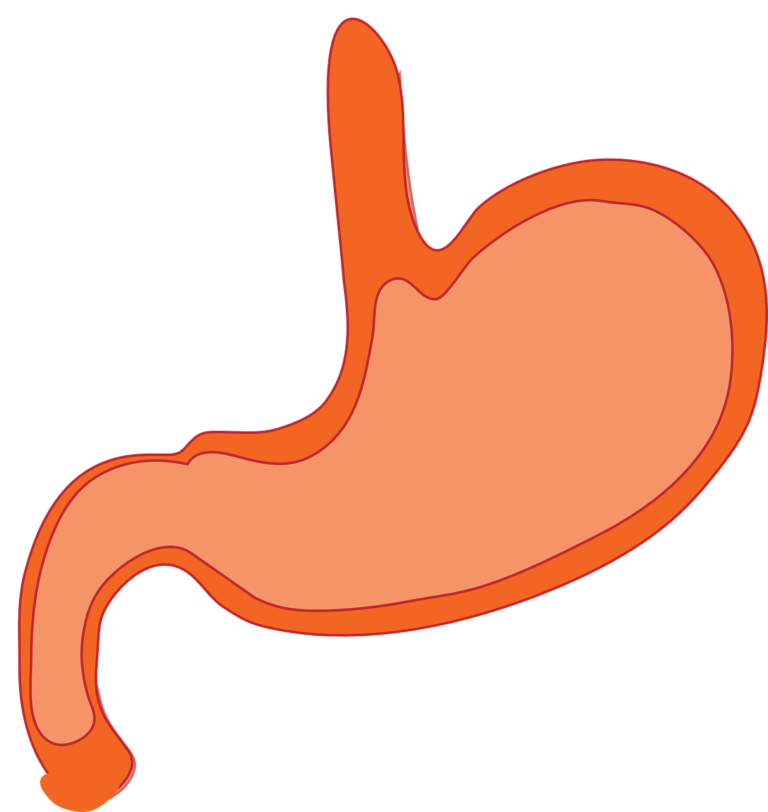Q: What is an abdominal ultrasound?
A: An abdominal ultrasound is a medical imaging test that uses high-frequency sound waves to create images of the organs and structures in the abdomen. It can be used to diagnose various conditions, such as liver disease, gallbladder problems, and kidney stones.
Q: What is an ultrasound scan?
A: An ultrasound scan is a medical imaging test that uses high-frequency sound waves to create images of the internal organs and structures in the body. It is a non-invasive and painless test that can be used to diagnose a variety of conditions, such as pregnancy, heart disease, and cancer.
Q: What is the liver?
A: The liver is a large organ located in the upper right side of the abdomen. It plays a vital role in many bodily functions, including detoxification, metabolism, and the production of bile.
Q: What is the gallbladder?
A: The gallbladder is a small organ located under the liver. Its main function is to store and release bile, a fluid that helps with the digestion of fat.
Q: What are the kidneys?
A: The kidneys are a pair of organs located on either side of the spine, near the lower back. They are responsible for filtering waste products from the blood and producing urine.
Q: What is the pancreas?
A: The pancreas is a gland located behind the stomach. It plays an important role in digestion and regulating blood sugar levels.
Q: What causes abdominal pain?
A: Abdominal pain can be caused by various factors, including infections, inflammation, injury, and structural abnormalities. It can also be a symptom of underlying medical conditions, such as appendicitis, gallstones, and peptic ulcer disease.
Q: What is the bladder?
A: The bladder is a muscular sac located in the pelvis. Its main function is to store urine until it is ready to be eliminated from the body.
Q: What is the abdominal aorta?
A: The abdominal aorta is the largest artery in the abdomen. It supplies blood to the organs and structures in the abdominal cavity.
Q: What are cysts?
A: Cysts are fluid-filled sacs that can develop in the body. They can be caused by a variety of factors, such as infections, inflammation, and blockages. In the abdomen, cysts can form in the liver, kidneys, and other organs.





